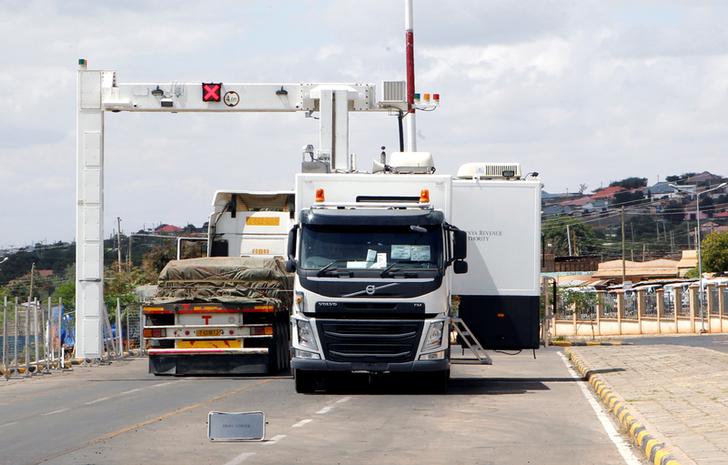Creditinfo plans to deploy its scorecard that is designed to improve access to finance for small businesses in Tanzania. This follows the roll out of the product in Kenya this month, director Burak Kilicoglu tells The Africa Report.
The company has an existing credit bureau in Tanzania meaning the scorecard can be deployed there with “minimal” investment, he says.
According to Tanzania’s chamber of commerce, 95% of the country’s businesses are small and medium enterprises (SMEs), contributing 35% of the GDP. Despite this, the SME Finance Forum says 70% of the country’s SMEs have no access to formal financial services. Tanzania’s finance ministry says banks often require the SMEs to have collateral worth between 125% and 150% of the loan sought.
The scorecard can “facilitate access to finance” and the Tanzanian plan could be accelerated if justified by demand in Kenya, Kilicoglu says. “Kenya is the pilot market and we will follow the response we get.”
- He’s aiming to have 10 financial institutions signed up in Kenya by the end of October.
- SMEs make up 98% of businesses in Kenya and have significant credit needs, Kilicoglu says, yet most lack professional management and 77% of them indicate that they find it either hard or very hard to access finance.
- The difficulties have been compounded by Covid-19. Kenya’s central bank in July reported a tenfold increase in the number of loans restructured by Kenyan SMEs in 2020.
High failure rate
Creditinfo, majority owned by US private equity firm Levine Leichtman Capital Partners (LLCP), provides credit and risk-management services in over 30 markets globally. LLCP in March completed the purchase of Creditinfo, set up in 1997 and based in Iceland, from its founder.
The failure rate of SMEs in Kenya is 75% within three years of launch, according to Viffa Consult. Their survey in 2020 found that access to finance is the largest challenge they face.
- Bank finance accounts for just 3% of SME financing, with many SMEs using business profit, personal savings and family and friends for finance, the study found.
- Wholesale, retail, transport, accommodation, education and horticultural export are sectors with the potential to bounce back faster from Covid-19 if they could get more financing, Viffa Consult says.
In Kenya, Creditinfo is led by country CEO Kamau Kunyiha. The scorecard deployed in July targets banks and other institutions that lend to, or invest in SMEs. It seeks to improve on the accuracy of existing predictive models by analysing the credit history of SME directors, as well as the finances of the SME itself.
- This leads to an improvement of 15% in the prediction of how likely an SME is to fail, compared with forecasts based solely on SME information, Kilicoglu says.
- The smaller the company concerned, the larger the improvement in accuracy, he adds.
- The use of algorithms means the process is not labour-intensive, Kilicoglu says.
- Further expansion to countries in the West African Economic and Monetary Union is possible depending on progress in Kenya and Tanzania.
Bottom Line
Creditinfo is betting that more accurate predictive tools can help cut collateral requirements for east African SMEs.
Understand Africa’s tomorrow… today
We believe that Africa is poorly represented, and badly under-estimated. Beyond the vast opportunity manifest in African markets, we highlight people who make a difference; leaders turning the tide, youth driving change, and an indefatigable business community. That is what we believe will change the continent, and that is what we report on. With hard-hitting investigations, innovative analysis and deep dives into countries and sectors, The Africa Report delivers the insight you need.
View subscription options


